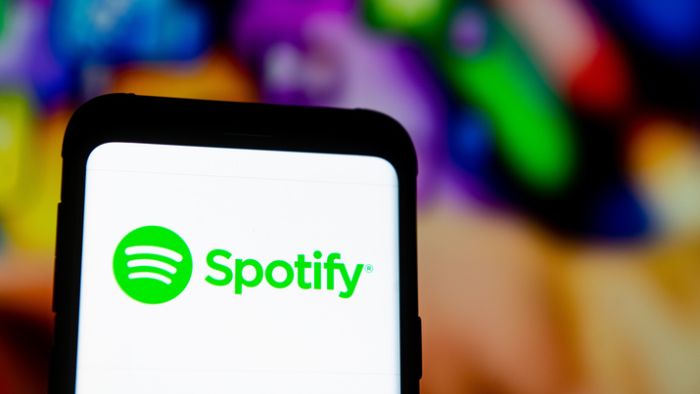Earlier this month, music streaming giant Spotify announced a new “experiment”.
If artists want to have a better chance at getting a higher-ranking spot in Spotify’s lucrative algorithm, they can: the only catch is that they’ll have to take a pay cut to get there.
Spotify’s announcement quickly stirred controversy in the music industry. Some said by cutting artists’ royalty rates in exchange for a boost in the algorithm, Spotify was “paying artists in exposure”; others likened the experiment to Payola – an illegal practice where commercial stations are paid by labels or artists to play a song on radio.
A growing number of artists in the US are calling for “a penny per stream” – as part of a broader union-led campaign that is demanding Spotify “deliver increased royalty payments, transparency in their practices, and to stop fighting artists.”
Meanwhile in the UK, a parliamentary committee is investigating the impact music streaming has had on artists.
So what’s the situation like for Australian artists, and how much money do they receive from streaming services when you play their music, anyway?
Turns out that question is harder to answer than you’d think.
Hack asked a number of the major music streaming services – like Apple Music, YouTube Music, Tidal and Spotify how much they pay artists on their platform every time one of their songs is played. None of the platforms disclosed how much they pay artists per stream. YouTube Music told us they paid “$3 billion to the music industry in 2019” but refused to break down how they divide up revenue to artists.
Industry publication the Trichordist publishes estimates of streaming rates per song, and currently claims that Spotify pays US $0.00348 per song (about one third of a cent); while Apple Music is estimated to pay roughly double that, at US $0.00675.
The Trichordist points out that with these royalty rates, a song would have to be played on Spotify *one million times* before earning about US $3500.
“It is what it is”
Artist, indie record label manager and former triple j host Nina Las Vegas told Hack that “it is what it is” when it comes to revenue artists make from streaming services, and says there’s still a bunch of questions around how Spotify’s new experiment will impact artists.
Nina says she isn’t keen to slam Spotify for their move, as artists need to work with streaming platforms, not against them.
“It’s a tech company that services music and I need them to work for us,” Nina said.
“At the end of the day, if a song’s killer, it will be heard. Money helps to push it, but it’s kind of exciting to know that [artists like] Tones and I can happen.”
Musicians Australia call for greater regulation
Paul Davies, Director of the industry union Musicians Australia says music streaming services are ripping off Australian artists.
“Musicians make next to nothing out of streaming services,” Paul told Hack.
“It’s purely exploitative, it’s straight out exploitation that allows large corporations to basically monopolise the industry and dictate terms.”
Why is merch so important to musicians and fans (especially in 2020)?
Are we living through a new Merchanaissance?
Paul said he is cynical of the utility of a parliamentary inquiry into the issue as “we’ve known about this problem for a decade”. Instead, Musicians Australia is calling for greater global regulation of streaming services.
“While income from streaming is vital to secure, the nature of the problem is so difficult it really requires market- wide regulation, at an international level. We’re very keen to help develop robust international models around this.”
Paul says consumers can support their favourite artists more tangibly through record, merch and ticket sales (when more gigs are back on, that is).
“Go and see them play, buy their music direct from their own websites, support their mainstream releases and support their merch sales.”







